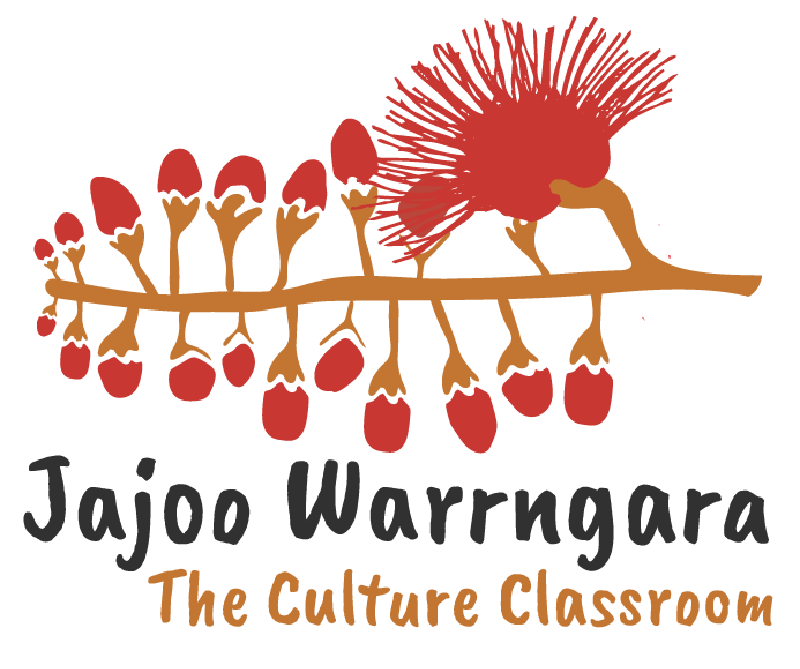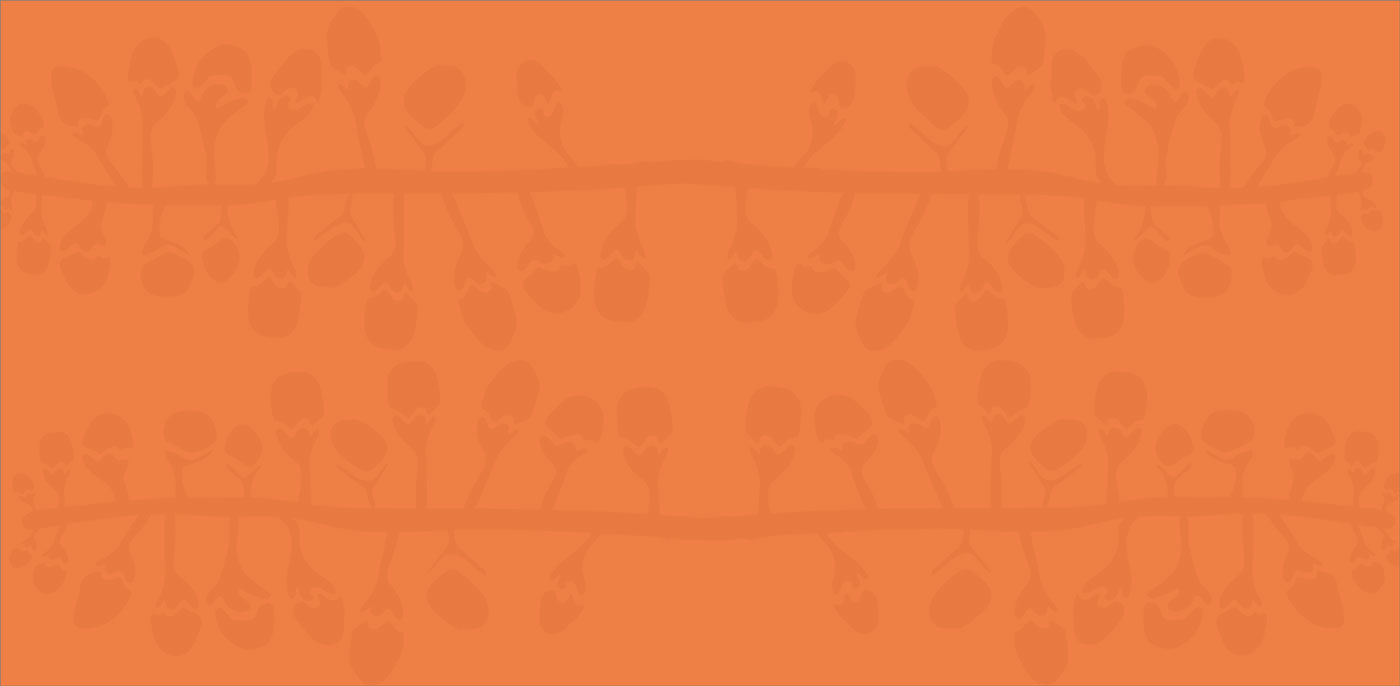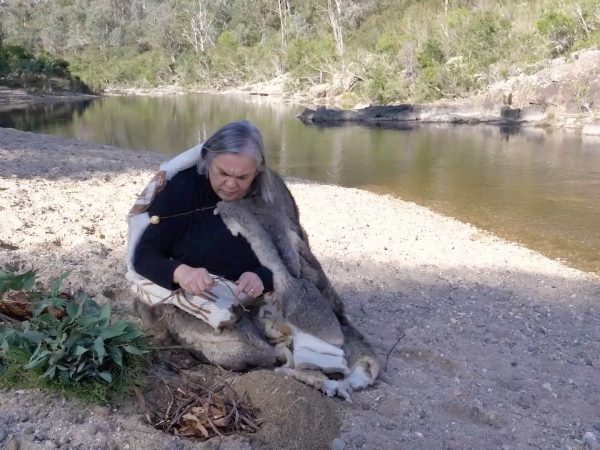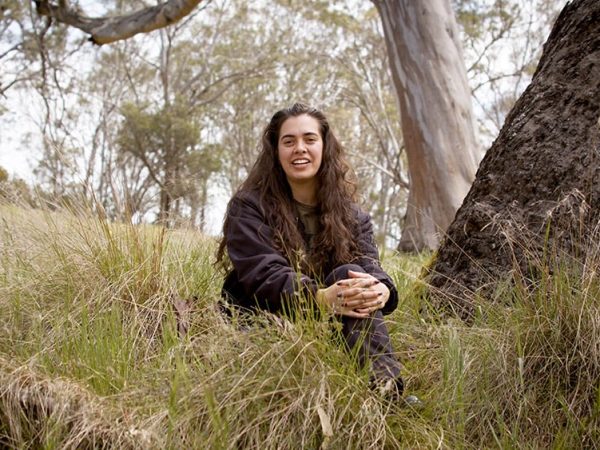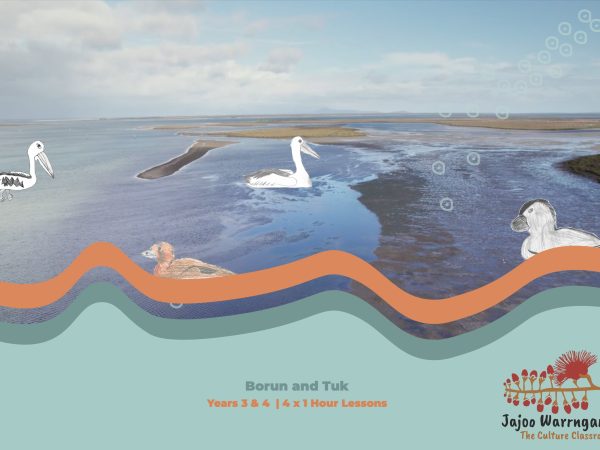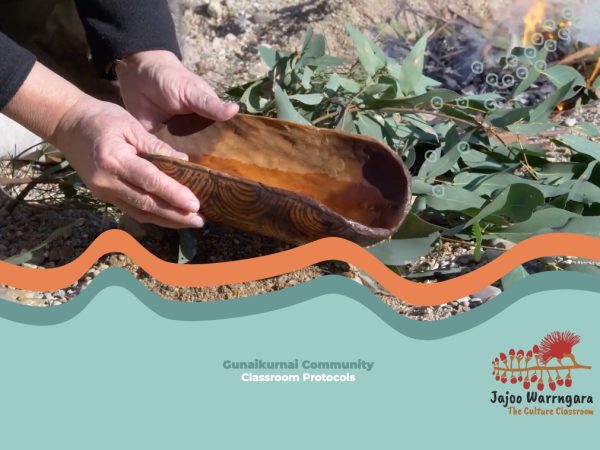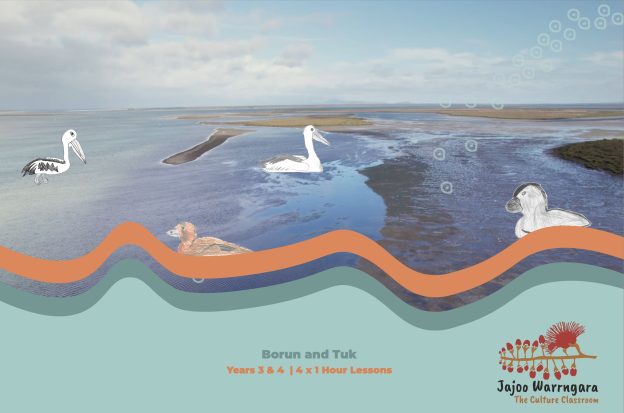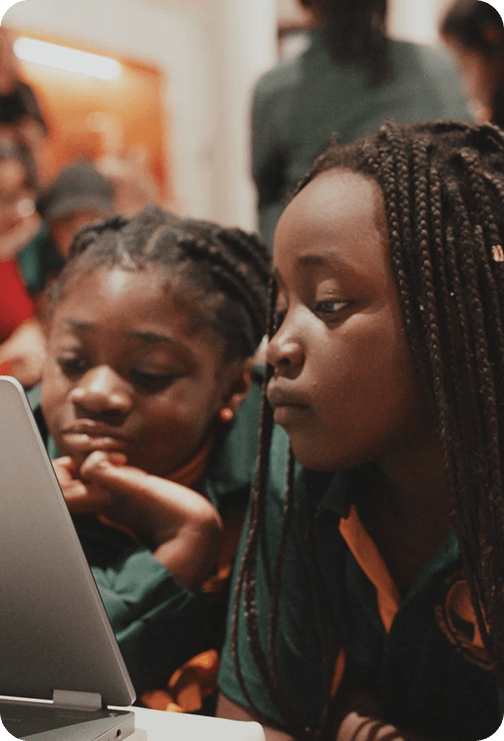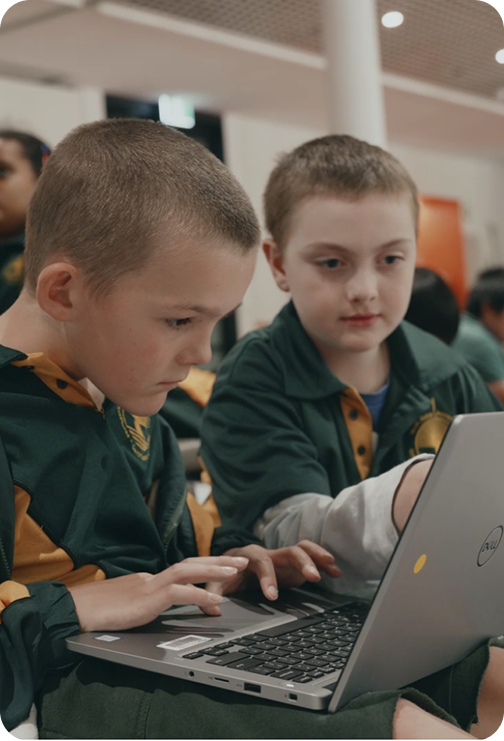Learning Areas
Science | Visual Arts | Digital Technologies
In this unit
Students explore the Gunaikurnai Creation story Borun and Tuk told by Hollie Johnson. They investigate local wildlife, and learn about First Nations perspectives on conservation through research, classification, and art.
This unit includes:
Learning Areas
Cross Curriculum Priorities
Aboriginal and Torres Strait Islander Histories and Cultures
Sustainability
Related Units
Unit Content
